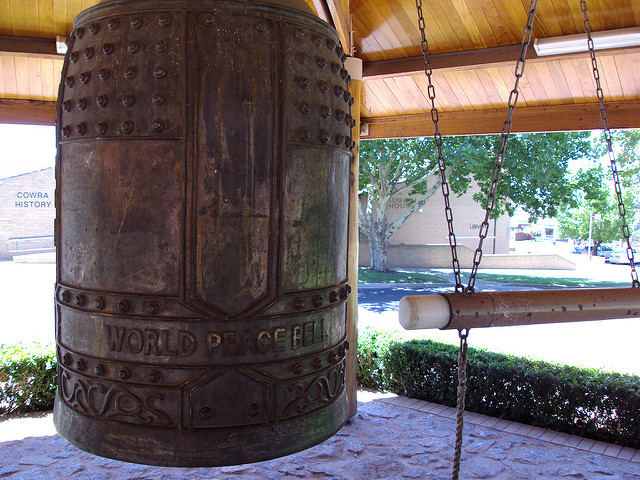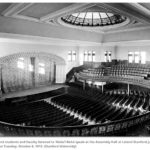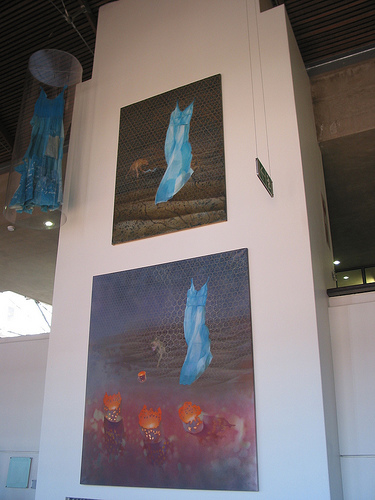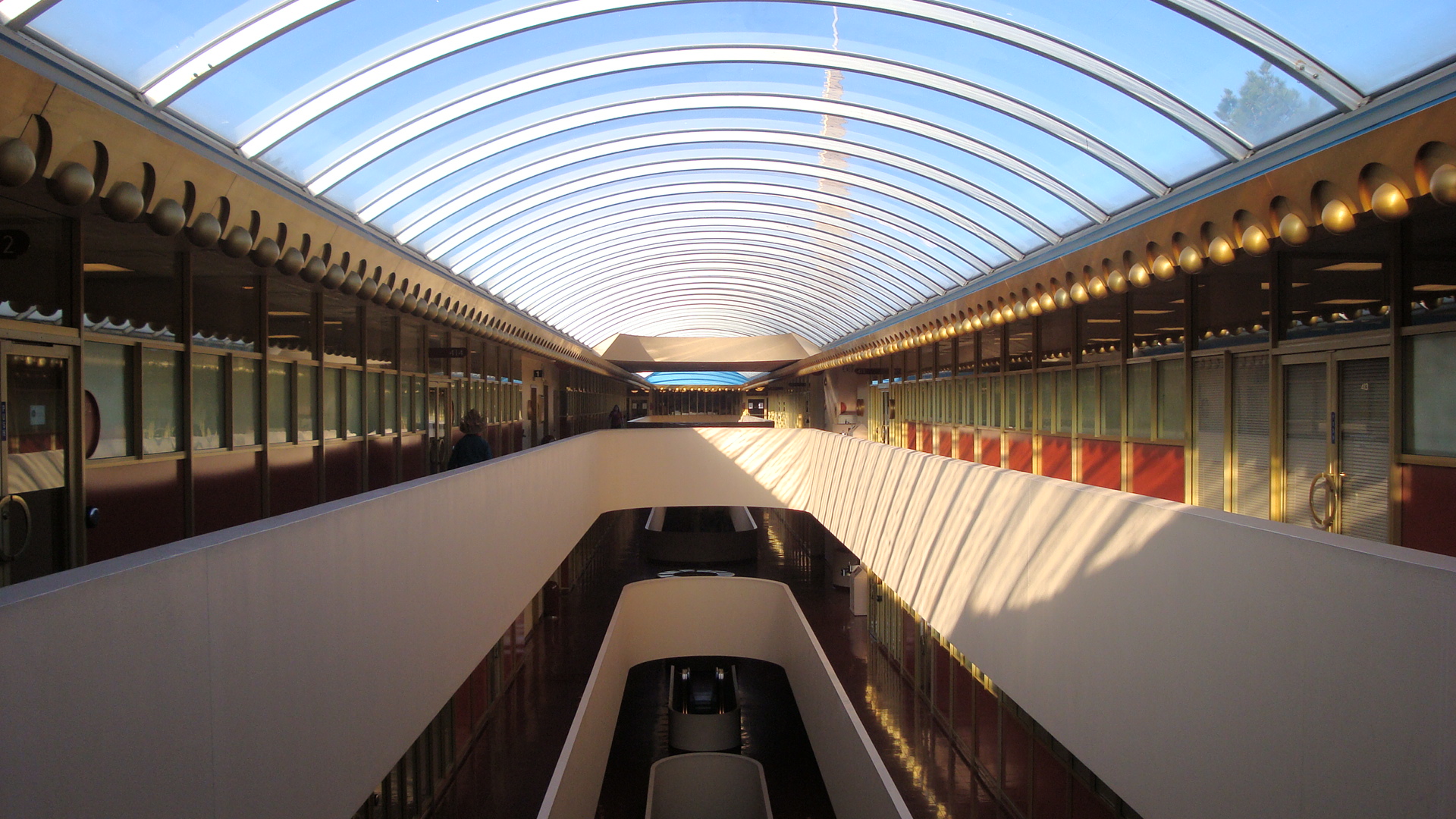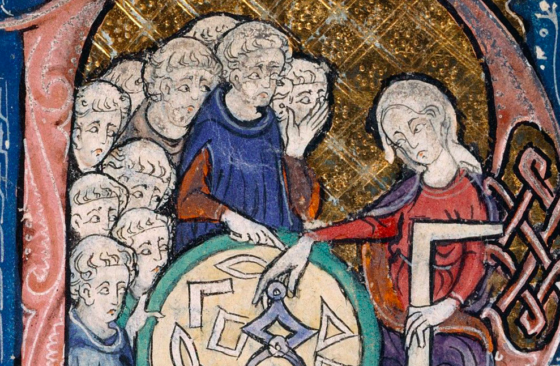
Adelard of Bath: When English Kings Studied the Learning of the Arabs
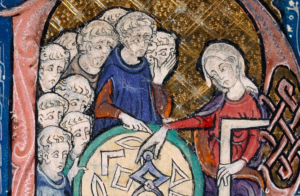 Once upon a time, Norman kings of England studied the learning of the Arabs. A strange story indeed, largely forgotten. At that time the “English” were subjects of their Normans rulers. And Norman “cousins” also ruled in another island to the south. Before they arrived it had been called the Emirate of Sicily. The hero of our story is Adelard of Bath (1080s-1150s): an English scholar monk greatly learned in ancient and foreign tongues. The secret languages of science he acquired: Greek, Latin and Arabic. Born in England, and likely an Anglo-Saxon himself, Adelard travelled widely. His life took him on long journeys – France, Southern Italy, Sicily, Greece, Syria and Palestine. As Bilbo Baggins is reputed to have said: It’s a dangerous business, Frodo, going out of your door,… You step into the Road, and if you don’t keep your feet, there is no telling where you might be swept off to.” Adelard might have agreed with Bilbo. He didn’t bring back a magic ring, but he brought back something more dangerous: knowledge. And in time, this knowledge would change the world.
Once upon a time, Norman kings of England studied the learning of the Arabs. A strange story indeed, largely forgotten. At that time the “English” were subjects of their Normans rulers. And Norman “cousins” also ruled in another island to the south. Before they arrived it had been called the Emirate of Sicily. The hero of our story is Adelard of Bath (1080s-1150s): an English scholar monk greatly learned in ancient and foreign tongues. The secret languages of science he acquired: Greek, Latin and Arabic. Born in England, and likely an Anglo-Saxon himself, Adelard travelled widely. His life took him on long journeys – France, Southern Italy, Sicily, Greece, Syria and Palestine. As Bilbo Baggins is reputed to have said: It’s a dangerous business, Frodo, going out of your door,… You step into the Road, and if you don’t keep your feet, there is no telling where you might be swept off to.” Adelard might have agreed with Bilbo. He didn’t bring back a magic ring, but he brought back something more dangerous: knowledge. And in time, this knowledge would change the world.
When Adelard of Bath lived, King Richard the Lionhearted was yet to be born but the age of crusades had begun. At the end of Adelard’s long journeys, his step, at last, turned home to England. Here, he would become a teacher of the young Prince Henry – the later King Henry II. As tutor, Adelard discharged a debt he owed the father: for it was Henry’s father, King Henry I, who had paid for his travels. But like Bilbo, Adelard was no longer the person he had been.
Things he might have admired in his youth might now have made him impatient. A scholar of his time, Daniel of Morley has left an impression of the scholarly world which Adelard escaped and to which he returned.
I stopped a while in Paris. There I saw asses rather than men occupying the Chairs and pretending to be very important. They had desks in front of them heaving under the weight of two or three immovable tomes, painting Roman Law in golden letters. With leaden styluses in their hands they inserted asterisks and obelisks here and there with a grave and reverent air. But because they did not know anything they were no better than marble statues: by their silence alone they wished to seem wise, and as soon as they tried to say anything, I found them completely unable to express a word. When I discovered things were like this, I did not want to get infected by a similar petrification, … [and] when I heard that the doctrine of the Arabs, which is devoted almost entirely to the quadrivium, was all the fashion in Toledo in those days, I hurried there as quickly as I could, so I could hear the wisest philosophers of the world … Eventually, my friends begged me to come back from Spain; so on their invitation, I arrived in England, bringing a precious multitude of books with me.”
Let us visit another such place where monks both treasured and entombed books.
We will say more about Daniel’s precious books. Precious they were, with each letter laboriously hand written, copied time after time, by those who prized knowledge more than gold. But let us continue with Adelard.
Adelard of Bath loved all learning of the Latins and the Arabs. He conveyed this love to his young pupil. So he wrote to Henry in 1150 praising his love of learning:
… you not only read carefully and with understanding those things the writings of the Latins contain, but you also dare to wish to understand the opinions of the Arabs concerning the sphere, and the circles and the movements of the planets. … Having been asked by you frequently to do this, although I am not confident in my own strength, nevertheless so that I may join philosophy to nobility in an example from our own age, I will attempt to fulfil your demand as far as I am able. Therefore I shall write in Latin what I learnt in Arabic about the world and its parts.
We have seen the ancient puzzle of the skies before: in Agora. There were things known, that had been lost, and things that had never yet been discovered by the greatest minds that had reflected on them. Adelard’s message introduced a new work that he had written for the newly invested Duke of Normandy: De opera astrolapsus. As a scholar of our time, Charles Burnett, has written:
By the time Adelard dedicated his De opera astrolapsus to Henry he was already at the end of his career. Arabic studies had been established in England, and he was one of the people principally responsible for this.
Others have said of Adelard that he was responsible for an English renaissance. Those who carried forward his learning included Roger Bacon and Robert Grosseteste.
But what happened to the multitude of precious books that Daniel of Morley brought to England? Once again, the story is hard to draw forth, and again we are indebted to Charles Barnett. Daniel is another who draws on Adelard’s work, copying from his De opera Astrolapsus and the names of the precious books he carried, Barnett draws out. And from these names he concludes “the new books that Daniel brought with him are found precisely in Oxford very soon after his return to England.” He does not say more, but here we are talking of a time when the origins of the University as lost in history. It was later to be the home of Isaac Newton. Later still, John Ronald Reuel Tolkien walked its halls.
Primary source:
Charles Burnett, The Panizzi Lectures 1996: The Introduction of Arabic Learning into England 1997 The British Library.
